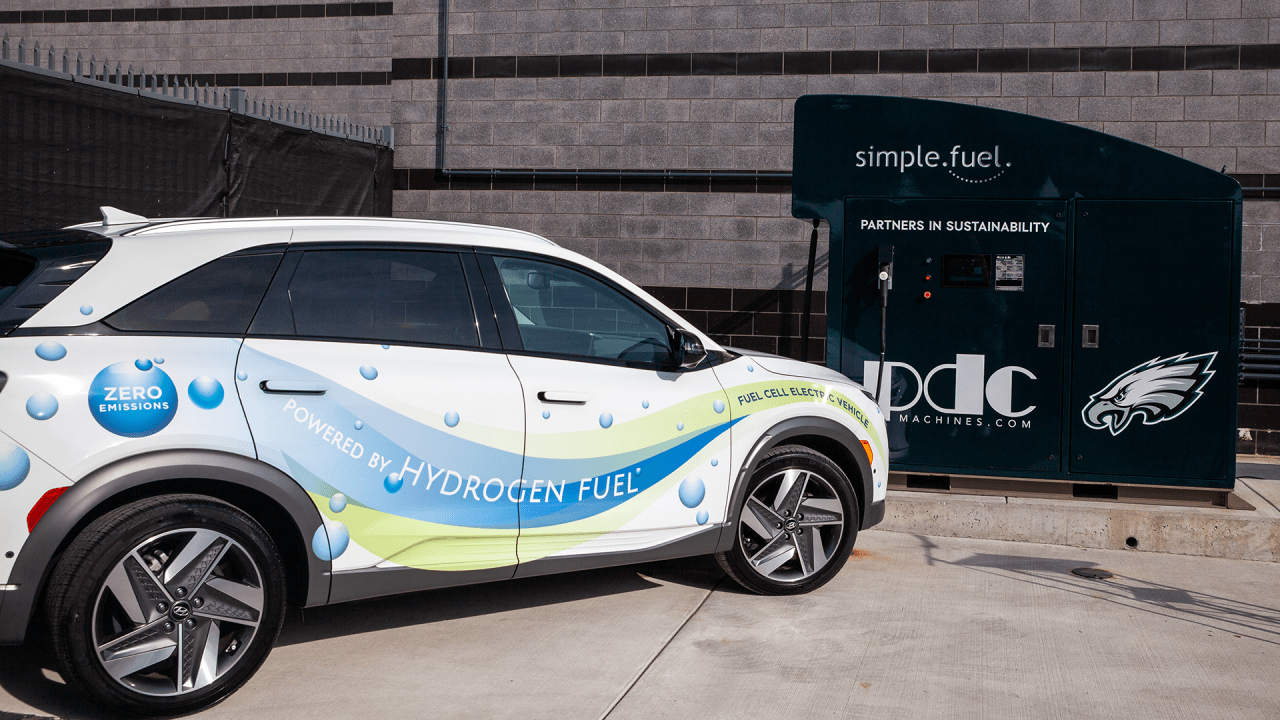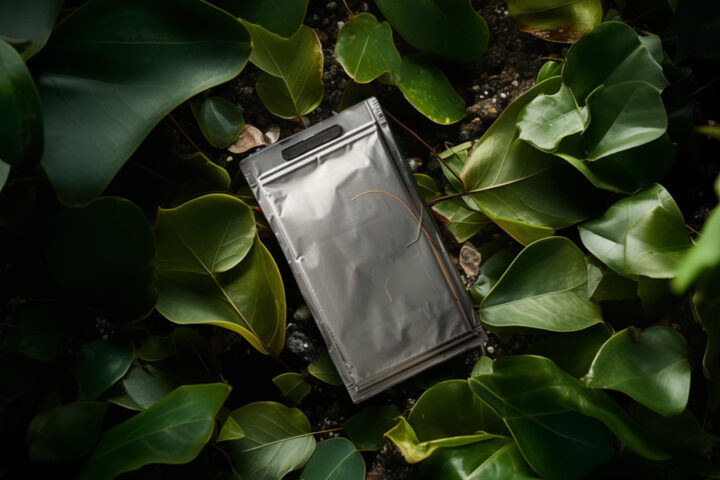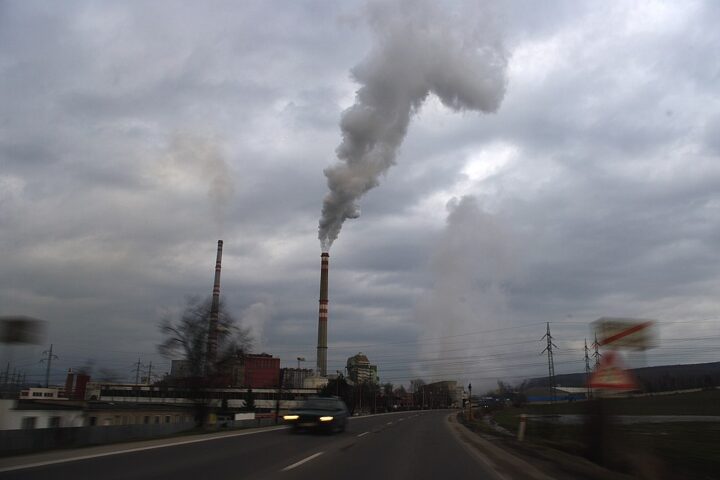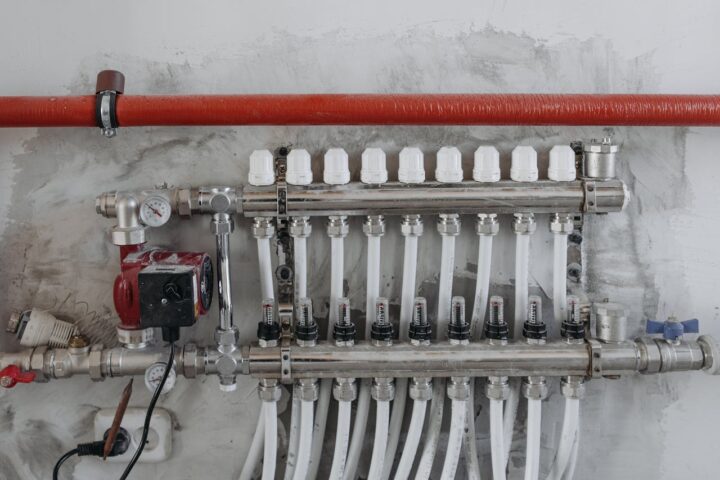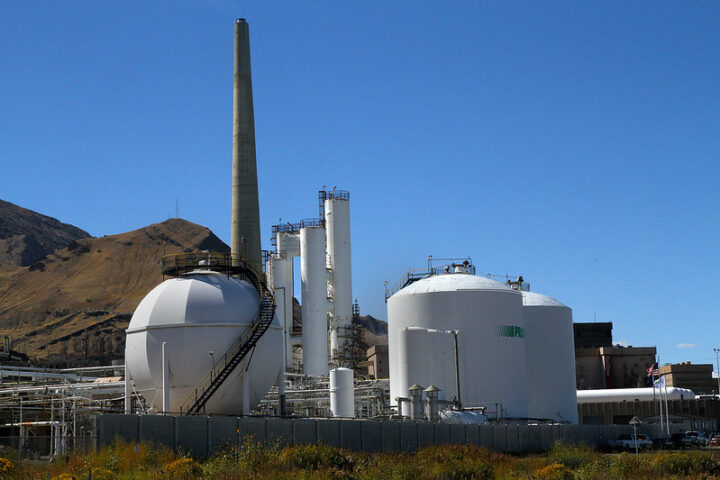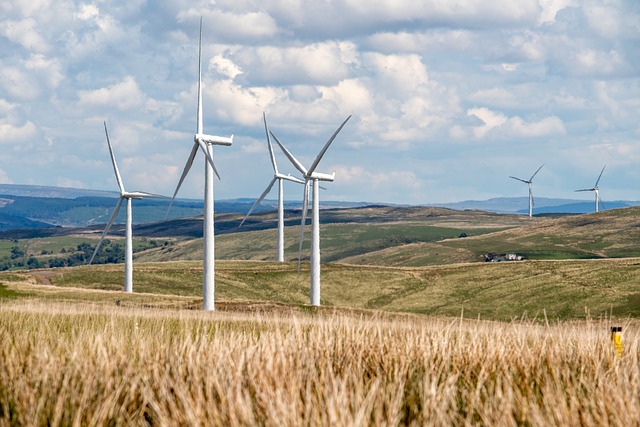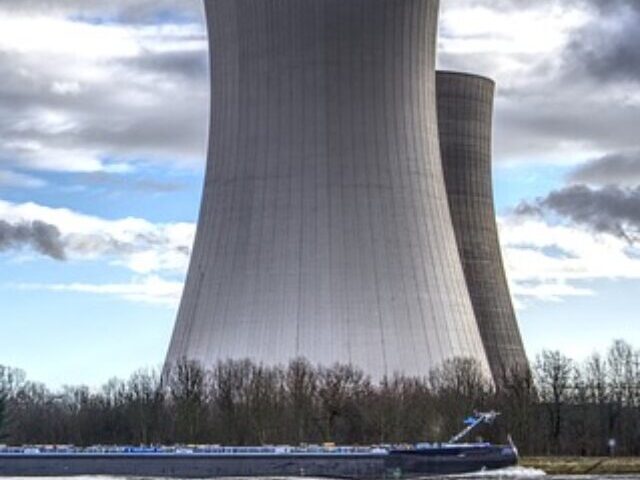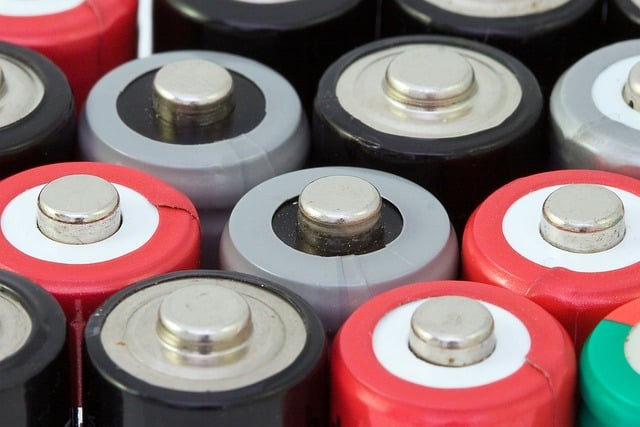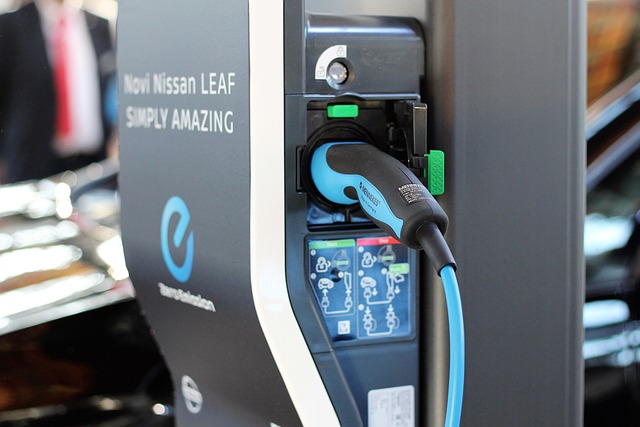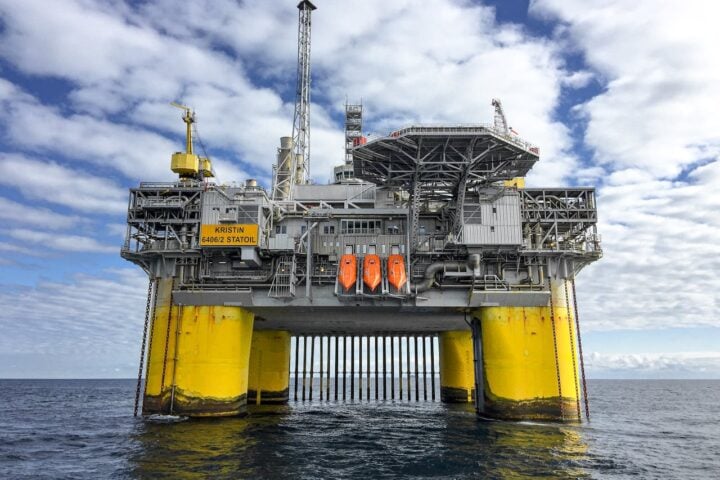In a world increasingly conscious of its environmental footprint, the Philadelphia Eagles and PDC Machines have embarked on a pioneering journey, intertwining the realms of professional sports and sustainability. The Eagles, a team synonymous with vigor on the football field, have now etched their name in the annals of environmental conservation by becoming the first professional sports team in North America to install and utilize a hydrogen refueling station.
The Eagles‘ hydrogen refueling station, a product of their multi-year sustainability partnership with PDC Machines, is not merely a symbol of environmental consciousness but a practical stride towards reducing carbon emissions. The station, operational since September 22, 2023, utilizes electricity from the stadium’s 10,456 solar panels and water to produce clean, green hydrogen energy, emitting only water vapor in the process. This innovative approach to energy production and utilization underscores the potential of green hydrogen, produced through the electrolysis of water powered by renewable energy, in contributing to a sustainable future.
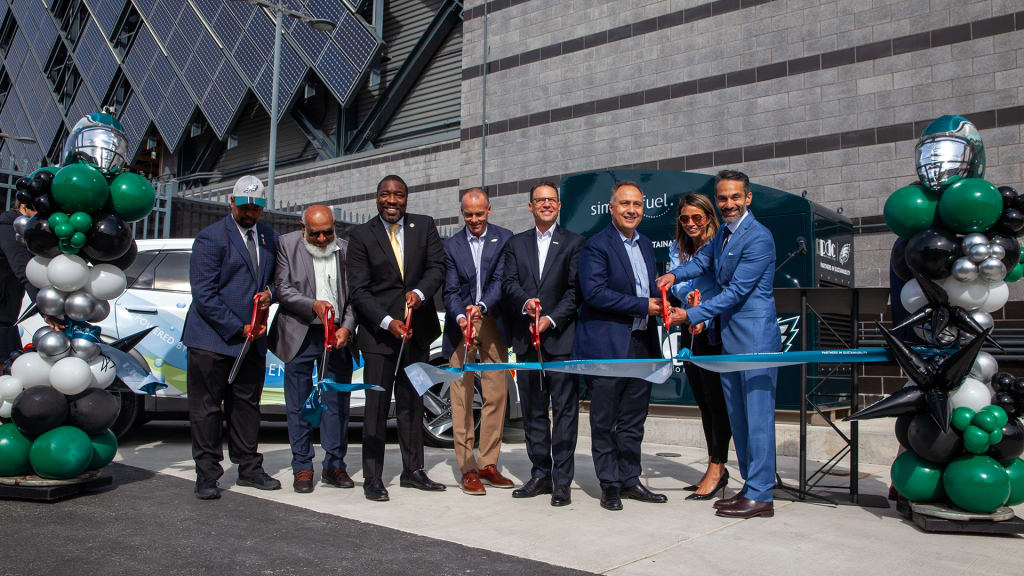
Eagles President Don Smolenski remarked, “Today marks another milestone for Lincoln Financial Field, the Philadelphia Eagles Go Green program, the Commonwealth of Pennsylvania, and the City of Philadelphia.” His words not only reflect the achievement of the Eagles but also hint at the potential ripple effect this could have across other professional sports teams, businesses, and communities in embracing sustainable practices.
Similar Posts
PDC Machines, a family business initiated in 1977 by Sy Afzal after migrating from India, has burgeoned into an industry leader with a global footprint, including offices in South Korea, Japan, and Germany. Kareem Afzal, PDC Executive Chairman, expressed gratitude towards the City of Philadelphia and emphasized the uniqueness of the installation, stating, “It is a very unique installation nationally and throughout the world. This is truly the first that I have seen at a stadium, producing hydrogen, and fueling vehicles on site.”
The collaboration between the Eagles and PDC Machines extends beyond the installation of the hydrogen refueling station. The partnership, announced in February 2020, was not deterred by the global pandemic but rather, it showcased resilience and a steadfast commitment to sustainability. The PDC team worked diligently to install the hydrogen refueling unit in the Stadium Control parking lot on the south side of the stadium, demonstrating that sustainability efforts can continue to progress even in challenging times.
Pennsylvania Governor Josh Shapiro, who was present at the ribbon-cutting ceremony, humorously mentioned that the refueling station would contain Kelly Green hydrogen. His jest was enveloped in a more profound acknowledgment of the Eagles’ leadership, not only in the sporting arena but also in championing clean energy and addressing climate change.
The Eagles’ hydrogen-powered Hyundai Nexo, the first vehicle to utilize the hydrogen refueling station, symbolizes a step towards integrating clean energy into community use. The initiative, part of the newest Go Green initiative, was made possible by PDC Machines, and it is anticipated to be a game-changer in promoting clean energy use within the community.

In another stride towards hydrogen technology deployment, PDC Machines, in collaboration with IVYS Energy Solutions, will place a SimpleFuel Hydrogen Refueling Appliance at Lincoln Financial Field, further enhancing the Eagles’ “Go Green” sustainability initiative. This deployment, along with the utilization of hydrogen vehicles at the site, is expected to be a landmark in the application of hydrogen technology, providing a feasible and replicable model for other organizations and entities to follow.
In synthesizing these efforts, the narrative is not merely about the adoption of green technology but also about the spirit of collaboration, innovation, and unwavering commitment towards sustainability amidst global challenges. The partnership between the Eagles and PDC Machines, and the subsequent initiatives, serve as a pragmatic example of how organizations can intertwine sustainability with their operations, thereby not only reducing their carbon footprint but also inspiring and paving the way for others to follow suit in the journey towards a sustainable future.
